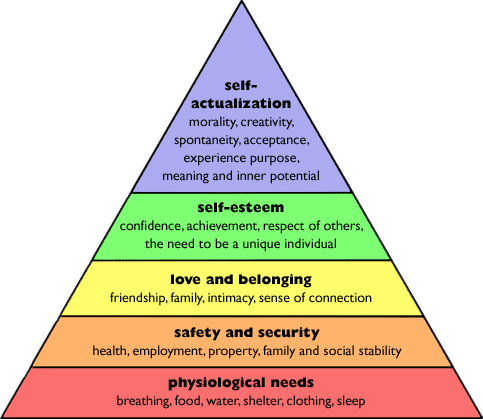BARRIERS TO LEARNING FOR CHILDREN IN POVERTY.
 These days, the average person can spend a minimum amount of time in a classroom and recognize the effects that poverty has on children. Education reformers like to claim that accepting this fact is the same as saying that poor children can’t learn. Of course, poor children can learn. All children can learn and these claims are an injustice to the people who teach children who live in poverty.
These days, the average person can spend a minimum amount of time in a classroom and recognize the effects that poverty has on children. Education reformers like to claim that accepting this fact is the same as saying that poor children can’t learn. Of course, poor children can learn. All children can learn and these claims are an injustice to the people who teach children who live in poverty.
Ed reform’s unwillingness to accept this is further illustrated in the “teacher prep” programs that are being promoted to fill the teaching positions that have been vacated because of their invalid policies. These programs have omitted even introductory level courses related to child psychology, theory of learning and cognitive development. I suppose the idea is that by not educating future teachers on these topics, they can essentially remove the claims that poverty affects a child’s performance in the classroom. They completely discount a century of research that serves as the foundation of education.
It is an undeniable fact that children living in poverty experience barriers to learning. The inability to drive your car across a river without a bridge doesn’t mean that you are unable to drive a car anymore than being poor means that you cannot learn. It simply means you need a bridge.
In 1943, psychologist Abraham Maslow published “A Theory of Human Motivation” which included his revolutionary “Hierarchy of Needs.” From the lowest level to the highest, the hierarchy is as follows.
- Physiological Needs: These include food, water, clothing, sleep, etc. This covers all of the basic physical needs for normal human function.
- Safety Needs: This includes protection from danger, health and well being, financial security and a safety net for personal setbacks.
- Love/Belonging: Things such as a stable family life, a circle of friends, developing last relationship, etc.
- Esteem: This is the general feeling of being respected. Developing a hobby and the feeling that your efforts make a contribution.
- Self-Actualization: Recognizing one’s abilities and developing them to their fullest potential.
Maslow asserts that once the five levels of needs are filled, human beings become contributors to a functional society. In addition, he states that the fourth and fifth Educate Louisiana | Barriers to learning for children in poverty.:


